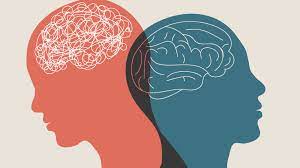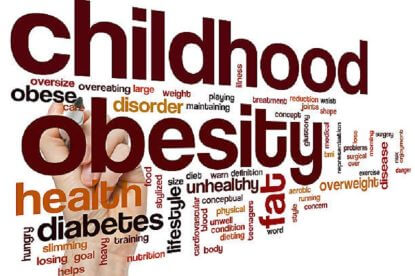Early puberty linked to increased risk of mental health issues, study finds
Wed 25 Jun 2025, 00:21:52

A recent study found that an earlier-than-usual onset of puberty can increase the risks of mental health issues. The study, published in The Journal of the American Medical Association (JAMA) Network Open, revealed that the incidence of depression and ADHD remained high for at least eight years following onset.
For the study, researchers, including those from University Hospital Essen, Germany, looked at over 6,500 individuals, around 1,100 who had early puberty and the rest who did not, using the country's health insurance data, following them for 13 years.
'Central precocious puberty' is a condition in which physical changes associated with this stage of growth begin early -- before age eight for girls, nine for boys.
The findings of the study show that those who attained puberty early were 50 per cent more likely to be diagnosed with a mental health condition, which includes depression, anxiety and behavioural disorders.
The researchers also found that depression
diagnosis could be 70 per cent more likely among those with an early onset of puberty, while that of anxiety disorders about 45 per cent more likely.
diagnosis could be 70 per cent more likely among those with an early onset of puberty, while that of anxiety disorders about 45 per cent more likely.
The authors said, "CPP (central precocious puberty) was associated with an increased risk of psychiatric disorders, with evidence supporting long-term mental health outcomes."
The findings suggest that "caretakers of children with (early puberty) should be vigilant for the emergence of psychiatric symptoms to initiate psychiatric care at an early stage."
The team said that previous studies analysing how early puberty affects mental health in the future have yielded inconclusive and conflicting results, with value of research being low due to small sample sizes and limitations in methodology.
This large-scale population-based study also found "long-term negative mental health consequences in patients with (early puberty), with increased incidence rates for depression and ADHD persisting up to (eight) years after diagnosis (of early puberty)."
No Comments For This Post, Be first to write a Comment.
Most viewed from Health
AIMIM News
Latest Urdu News
Most Viewed
May 26, 2020
Is it right to exclude Bangladesh from the T20 World Cup?
Latest Videos View All
Like Us
Home
About Us
Advertise With Us
All Polls
Epaper Archives
Privacy Policy
Contact Us
Download Etemaad App
© 2026 Etemaad Daily News, All Rights Reserved.

























.jpg)
.jpg)
.jpg)


